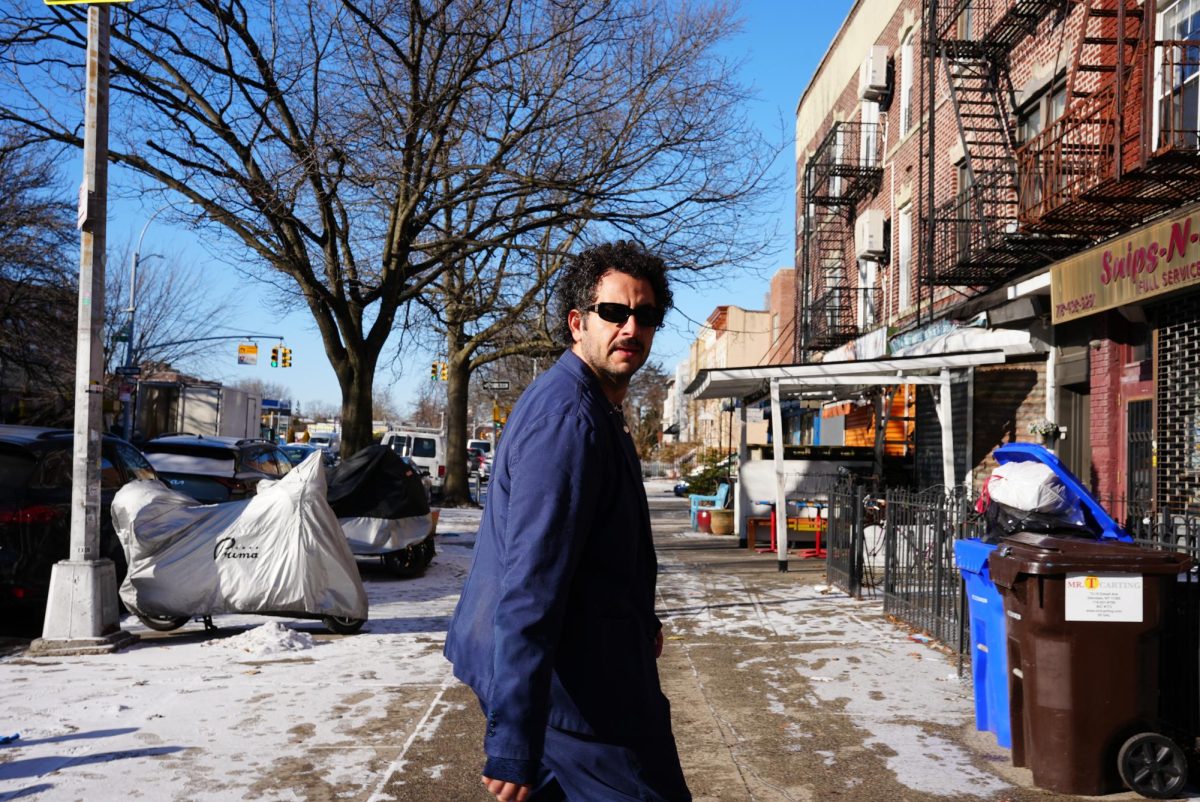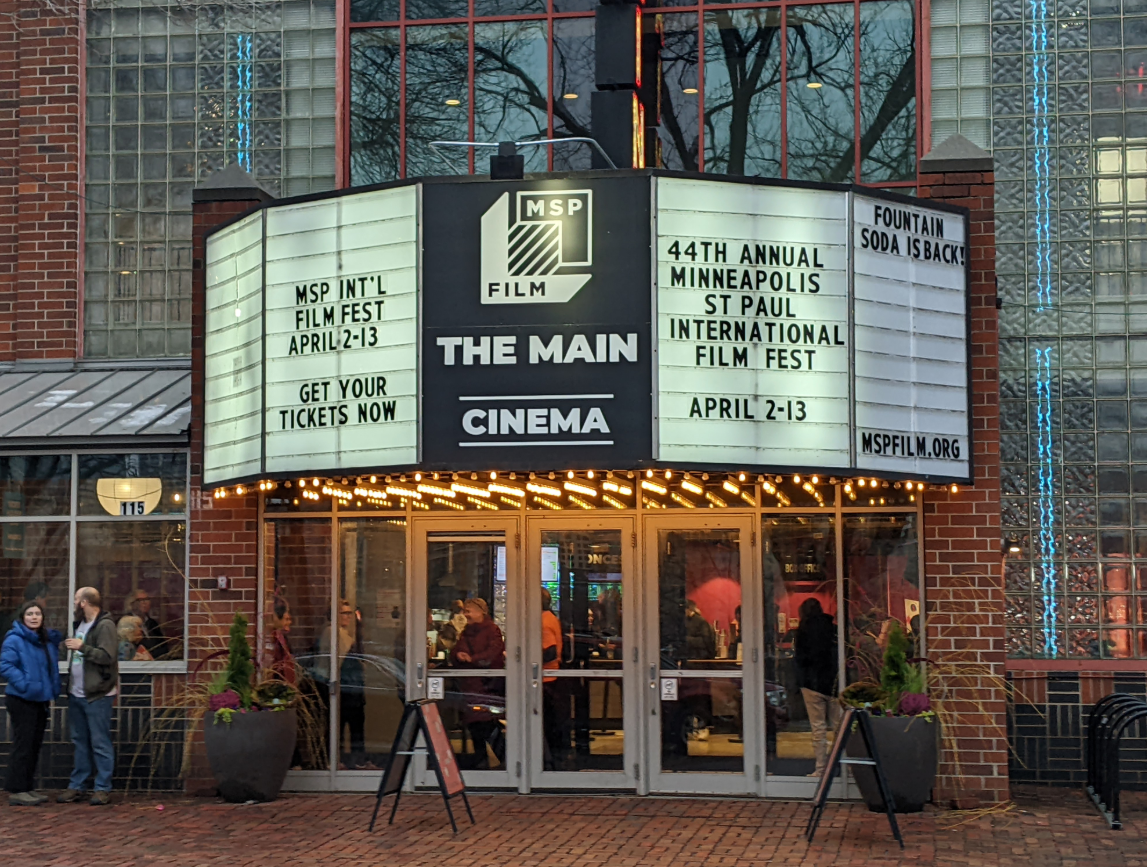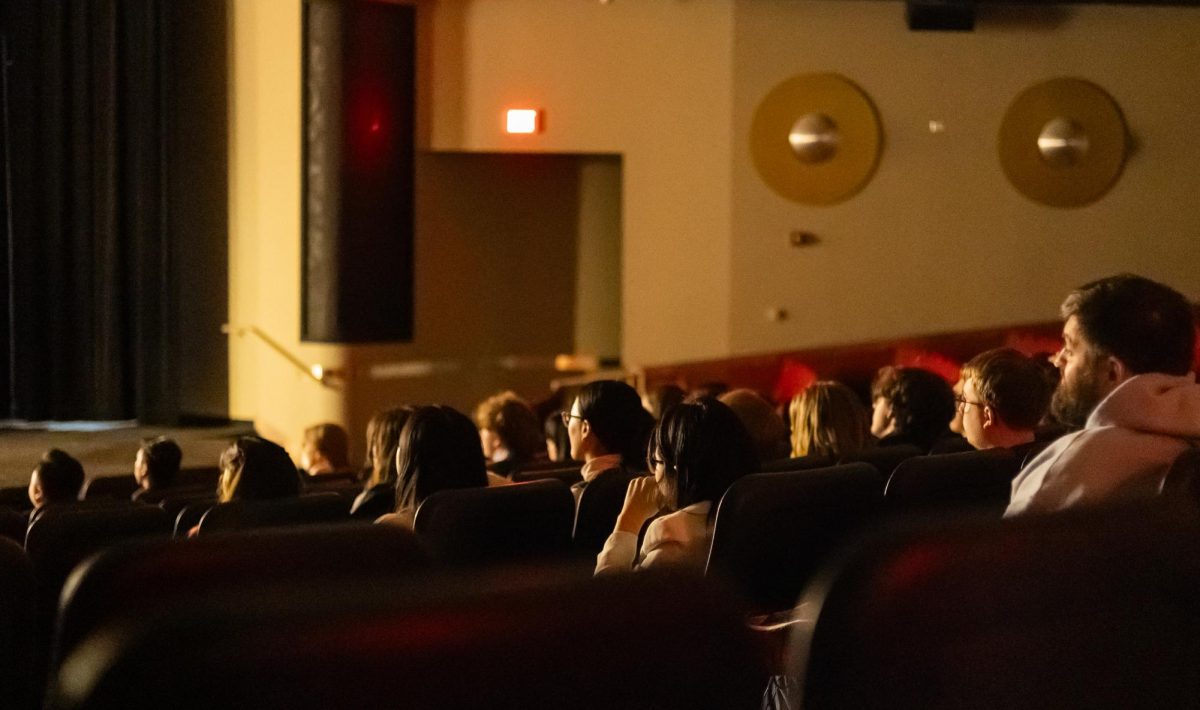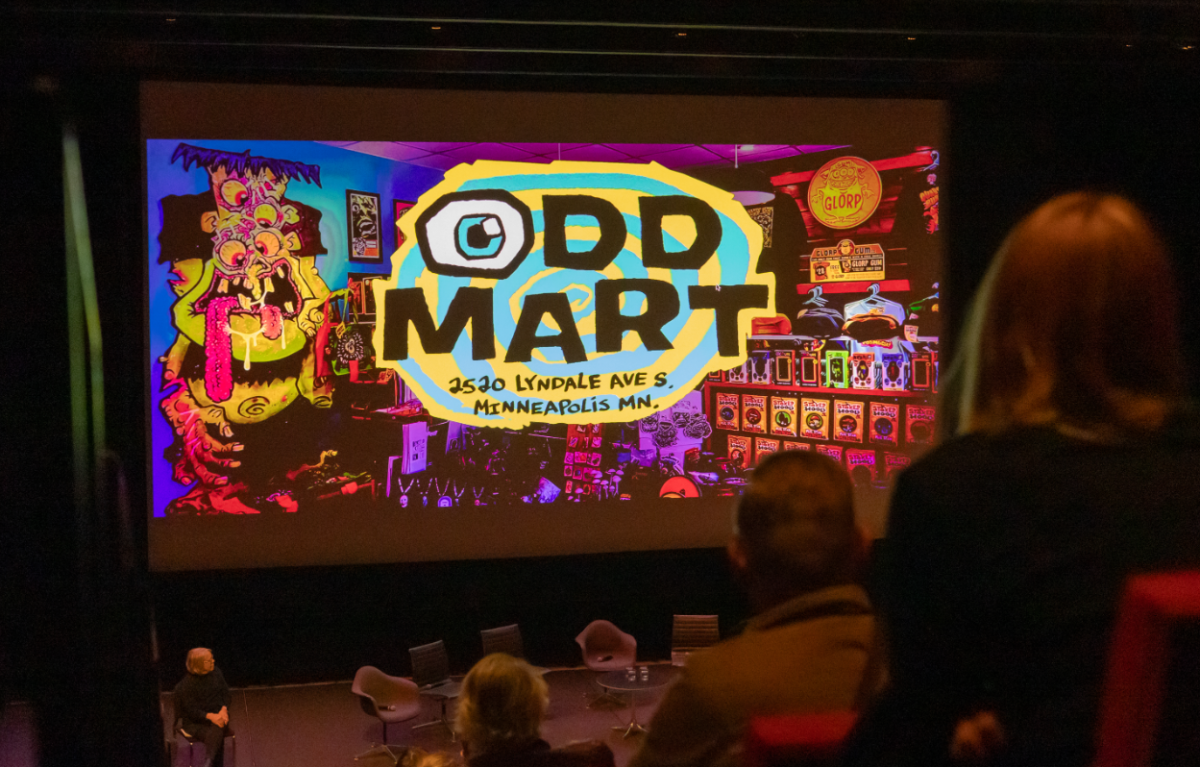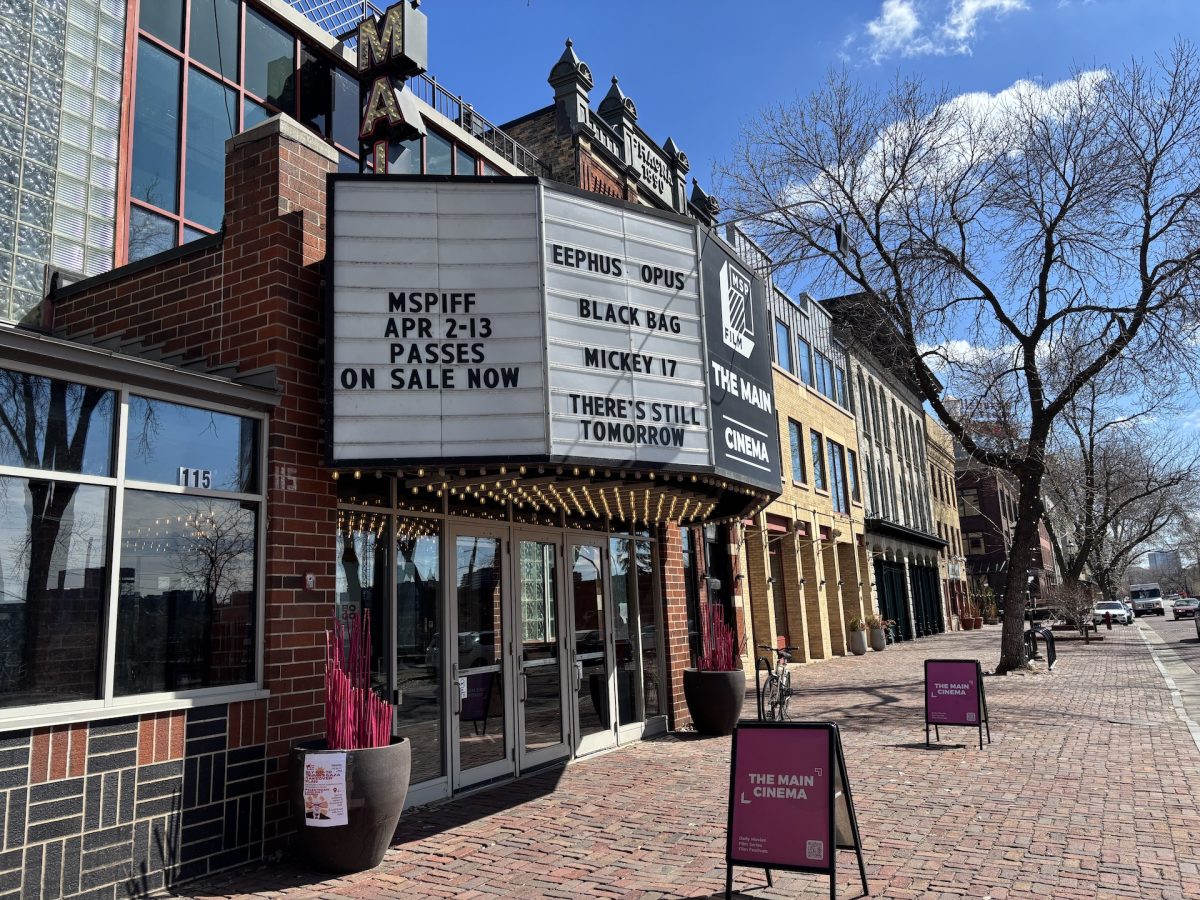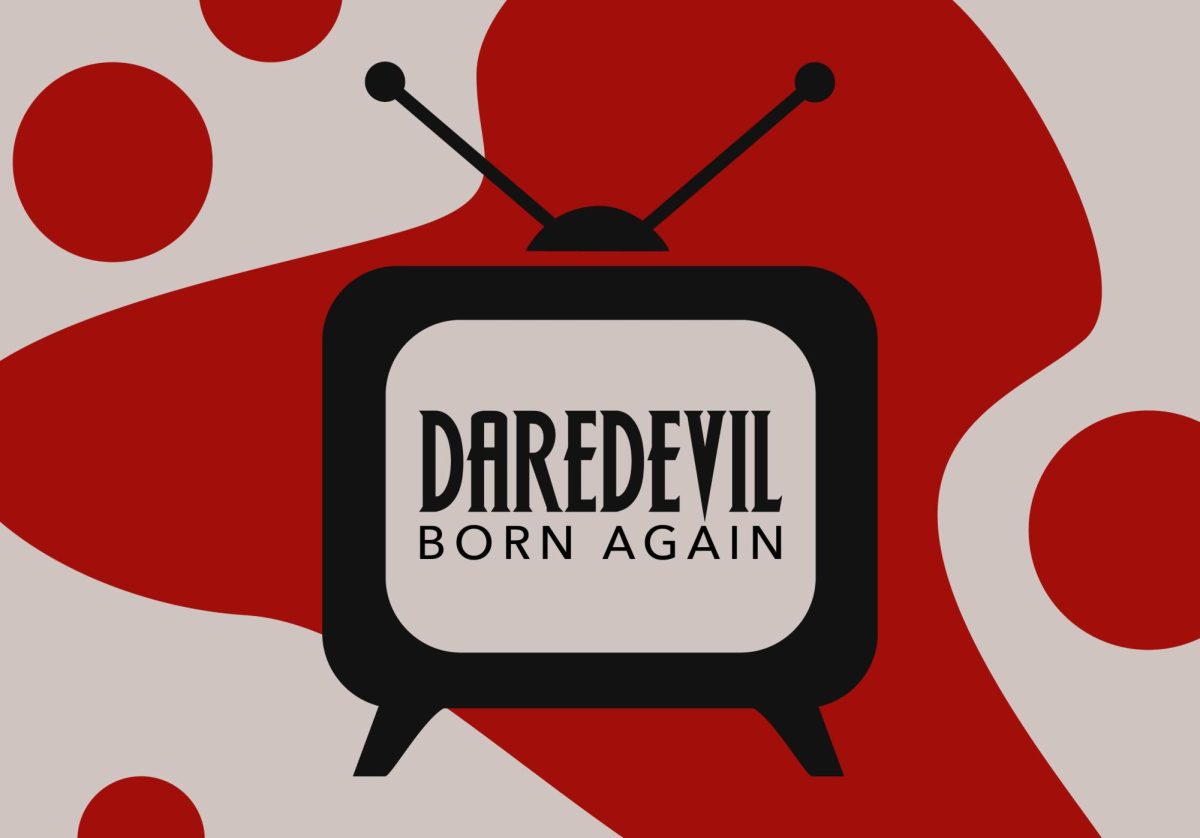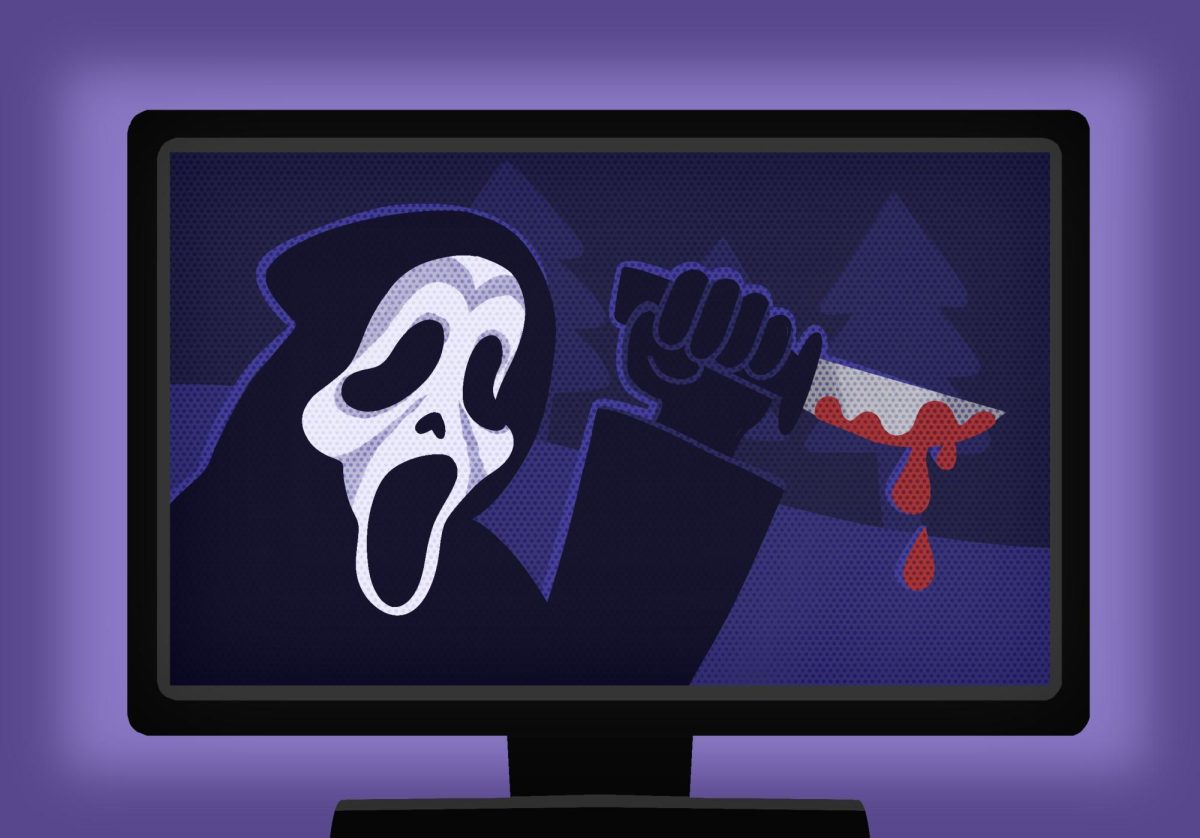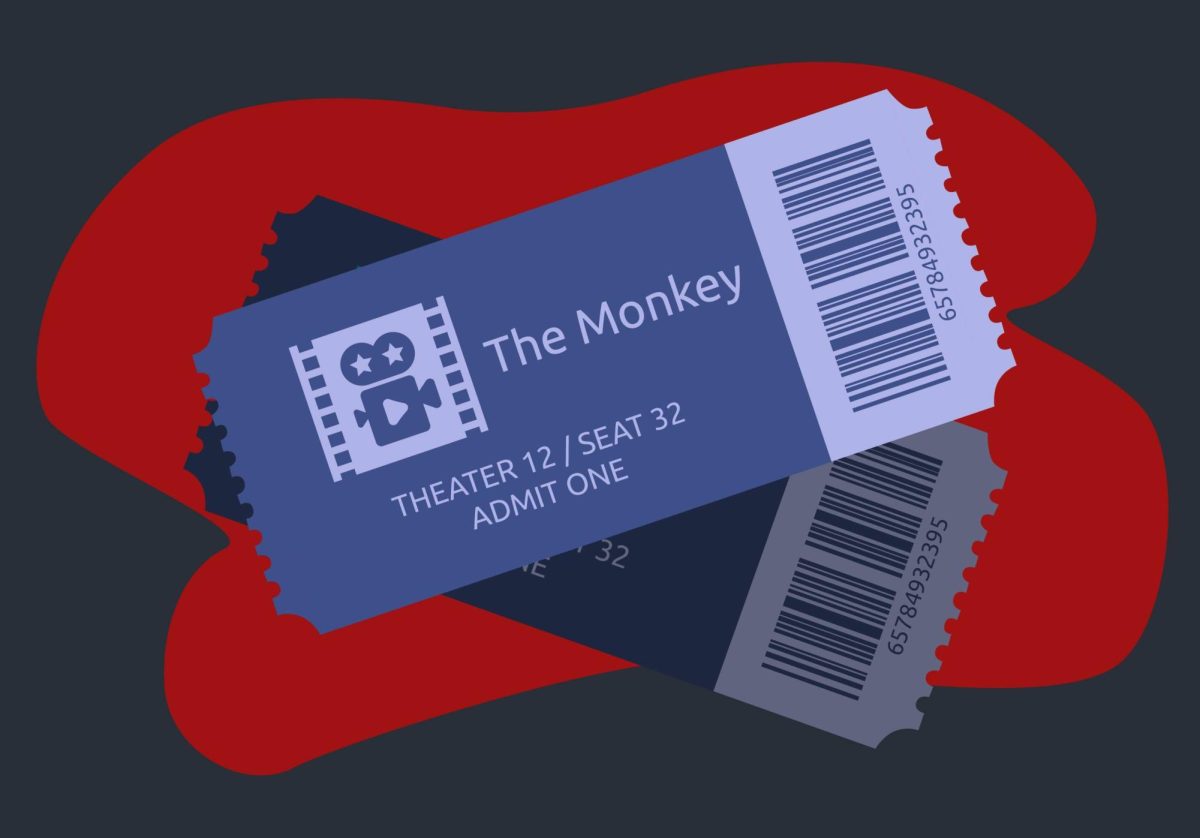Comedian, artist and media entrepreneur Kareem Rahma will be back in the Twin Cities for the screening of his film “Or Something” at the Minneapolis-St. Paul International Film Festival this week.
Rahma, an alumnus of the University of Minnesota and former employee of the Minnesota Daily, is well-known for his viral transportation-based social media talk shows “Keep the Meter Running” and “Subway Takes.” Although he says he believes the future of entertainment is short-form vertical video, Rahma and his collaborator Mary Neely wrote, produced and starred in his feature film debut, “Or Something,” released last year.
In anticipation of his film’s first screening in the Midwest, the Minnesota Daily had the pleasure of interviewing Rahma over Zoom last week as he walked to buy nicotine at a pharmacy.
Minnesota Daily: Tell me about “Or Something.”
Rahma: “‘Or Something’ is a feature film that I co-wrote, co-produced and co-starred in alongside Mary Neely, and it’s really kind of like what I would call a classic New York walk and talk mumblecore film about two strangers who are forced to spend the day together and just essentially open up to each other in a way that I find, personally, only strangers can really open up to one another. There’s a weird kind of phenomenon I think that happens when you open up to a stranger because you know that there’s not going to be real judgment, and you can kind of develop a really powerful and intense relationship over the course of a really short period of time. And I found that’s happened to me many times in my life. I call them single-serving friendships, and then I never see that person again. But yeah, it’s kind of just like a movie that explores the dynamic between a platonic relationship, maybe platonic, between a guy and a girl who met for the first time and just get into some really deep conversation subject matter, like religion, politics, sex, dating, kind of the entire millennial condition, if one may call it that.”
Daily: What made you want to write this?
Rahma: “Some of my favorite films are these kinds of films that are just like two people talking. I feel like it’s a lost genre. There’s this film called ‘My Dinner With Andre.’ There’s this film called ‘Before Sunrise.’ There’s just, like, a number of other films where the whole point was just to essentially be a fly on the wall and watch two people talk things out. And that used to be one of my favorite genres, and I just feel like there aren’t a lot of those being made anymore. So from a creative standpoint, that was one of the reasons. Then from a producer standpoint, it’s just like an easier movie to make than, let’s say, a road trip movie, or like an action film. So it was written with the intention of being shot, and that’s kind of like, where I was finding myself. I didn’t want to wait around to sell the script or to wait for someone to make the movie. So when me and Mary started talking, we were like, ‘Let’s write a movie that we can make no matter what.’ So it was those two things, it was like, from a producing standpoint, it was like an easy to make film, and from a kind of a vibes perspective, it just like the kind of movie that I like to watch.”
Daily: What was it like coming up with these two characters for the movie, since so much of it is focused on them?
Rahma: “Well, so much of the characters are based on myself and Mary in real life. The way that we wrote the script was really cool and interesting. We would essentially meet up once a month and pretty much have an argument about something, and then we would just transcribe that conversation we were having. Her and I just have really different opposing views on a lot of things, but not in an ‘I’m going to kill you. I hate you,’ sort of way, but more in a ‘I find your position wrong, but I’m not mad about it.’ And so we found ourselves arguing about all these things, and decided to just, you know, every time we sat down to argue, we would say, ‘Cool, this is like the next five pages of dialogue.’”
Daily: Did you two argue intentionally, or were you just talking and it just always ended up as an argument?
Rahma: “We were just talking and almost always ended up as an argument. I wouldn’t say it was always, there were a couple of times where we were like, ‘Yeah, I could see that.’ But really that was the point of the film. I feel like there’s been such a moment in time where the art of conversation has disappeared, and that is one of my favorite things to do as a hobby. Like, for me, if you were like, ‘What do you want to do tonight?’ I would say I would love to go to dinner with three or four really interesting people. And literally have an argument for four hours, that’s my hobby. I love it. And everyone hugs and kisses on the way out and says, ‘I’ll see you for the next one.’ And I just feel like there’s like a lost art of conversation that really is kind of like, the genre of movie, it’s going away. Nobody wants to sit down and just have a fun chat. You know what? I mean, it’s like, I’m not even trying to get my point across, most of the time. I’m just trying to entertain myself. And I just think that, to me, those are the greatest nights of my life, if I have an amazing dinner with a close friend and two strangers, to me, that’s a huge win.”
Daily: Let’s talk “Subway Takes,” what made you want to start that?
Rahma: “It was just an idea that I had that I thought was cool. I had another successful show before called ‘Keep The Meter Running,’ where I jump into cabs and tell the driver to take me to their favorite place. And that show was really fun. I had a blast doing it, and I still do that. I just published an episode yesterday, actually, with Zohran Mamdani, who’s the current frontrunner for mayor in New York City behind Andrew Cuomo, at least. ‘Subway Takes’ just seemed like a really good idea, and I wanted to do something that was as impactful as ‘Keep the Meter Running,’ in terms of reach and virality, but didn’t cost as much money. Because for ‘Keep the Meter Running,’ I was spending like, $2,000 every time I did an episode because I was paying for the food, I was paying for the meter, paying my crew, it’s just really expensive. But I really like making short form digital. ‘Subway Takes’ came out of this idea that, I think the future of entertainment is vertical, unscripted short form video. But what is a way for me to do this more frequently and for less money? Because obviously, I couldn’t afford to spend $2,000 every time I want to shoot something.”
Daily: Do you jump the turnstile or pay your fare when you shoot “Subway Takes?”
Rahma: “On the record?”
Daily: Yes, on the record.
Rahma: “I jump the turnstile.”
This interview has been edited for clarity, length and grammar.


